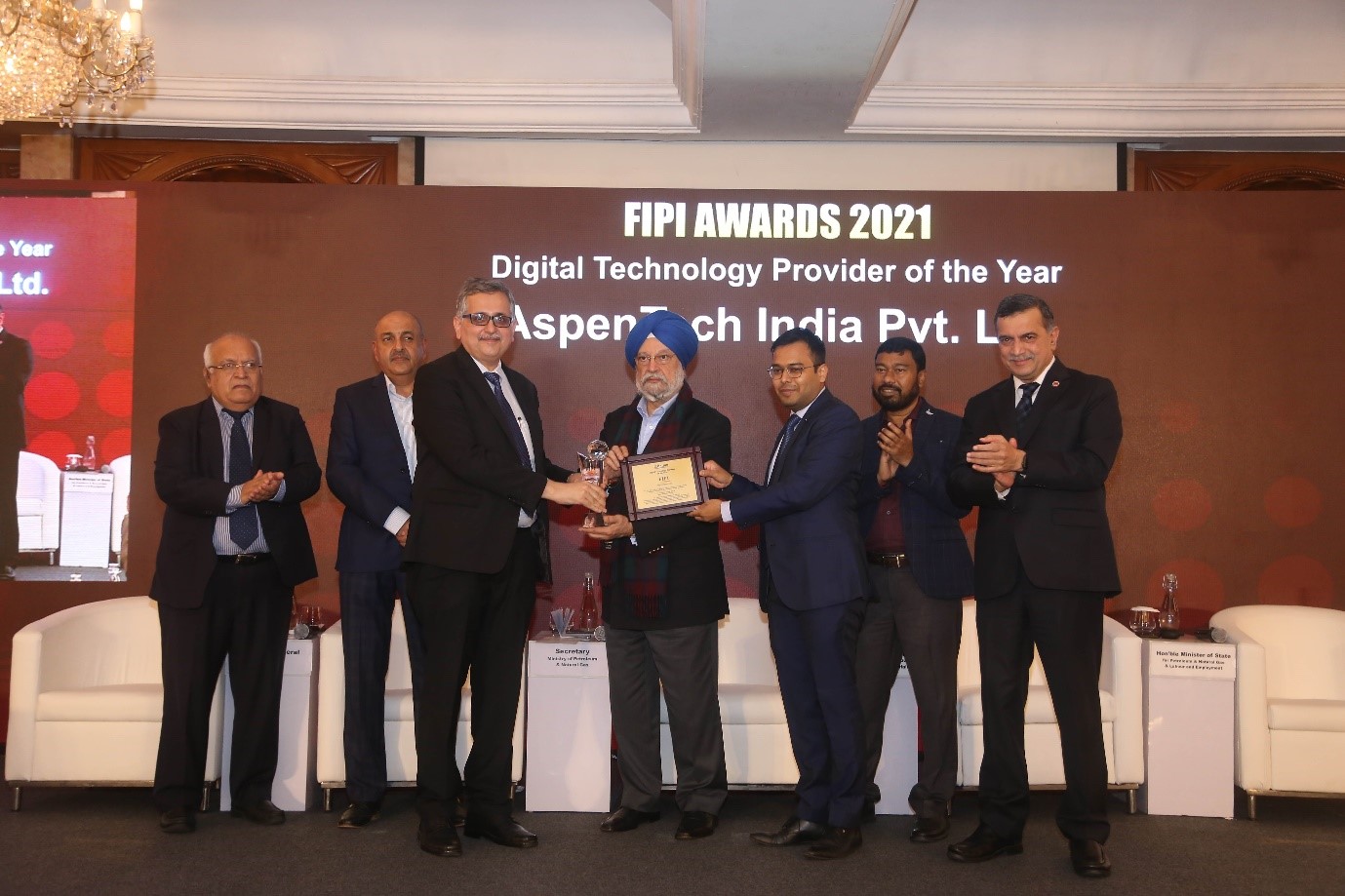The recently concluded COP26 summit came at a time of heightened disruption in the process industry. Increasingly, companies face the dual challenge of driving sustainability while having to meet growing energy demands. As more countries and companies commit to net-zero targets by 2050, what’s evident is that new breakthroughs in renewables, electrification, hydrogen and other clean energy alternatives are key to advancing a low-carbon future.
The Sustainability Imperative for Energy and Process Industries
The digitalization of the process industries is at the heart of the energy transition. Organizations today recognize the need to reinforce their operations with greater resilience—and the agility to respond to shifting market conditions and sustainability demands through digital technologies.
Process industry leaders in Asia Pacific increasingly seek innovative solutions to meet their corporate environmental, social, and governance (ESG) targets. Yet, the pathways to decarbonization pose new and unique challenges.
At AspenTech, we see Industrial AI as the key enabler in helping process industry firms address the challenges of decarbonization and progress on their net-zero commitments.
Digital solutions powered by Industrial AI are pivotal in empowering the industry to accelerate the design and optimization of new processes across the value chain—to support strategic sustainability initiatives such as carbon capture and emissions reduction, or to scale up the hydrogen economy. As these developments take shape across the Asia Pacific region, here are three emerging trends to watch:
#1 Growing Focus on Monitoring Carbon Emissions
With governments and institutional investors looking for more transparency and consistent reporting on carbon emissions, 2022 will see a growing push for companies to adopt more effective means of keeping track of sustainability projects and improve monitoring of real-time plant emissions.
However, identifying key sources of emissions can be challenging due to the lack of accurate measures for determining the emissions derived from certain processes. As such, implementing the right technology and data-gathering platforms is an integral step for any organization to monitor and measure its carbon footprint.
In Asia Pacific, there is a growing opportunity for oil and gas firms to improve emissions monitoring and increase confidence with the public and investors. AspenTech is supporting customers in Asia Pacific to get a more detailed view of plant operations to identify and address “bad actors”—with a focus on enabling proactive carbon management via the use of technologies such as digital twin models.
A good case-in-point is Bharat Petroleum Corporation Limited (BPCL) in India. The oil refining company has developed an award-winning digital twin emission model, leveraging AspenTech solutions for their Kochi refinery to choose an optimum fuel mix, helping to reduce emissions while balancing profitability.
#2 Tapping Technology to Maximize Energy Efficiency
To keep pace with net-zero ambitions, there is a renewed emphasis across the downstream oil and gas sector to modernize plant operations and drive resource optimization. There remains untapped potential for the digitalization of plant operations to optimize energy usage.
Optimization technologies such as Advanced Process Control (APC) can be deployed by downstream operators to maximize the energy efficiency of their existing assets.
An example is how one oil and gas major utilized Aspen DMC3TM to improve reliability, reduce specific steam consumption by 15% and lower CO2 emissions by 2,500 tons per year, unlocking significant energy savings from RVP control.
Another important factor to consider in the drive towards decarbonization is the role of digital technologies in ramping up new workforce capabilities.
By tapping AI to harness the full potential of industrial data, the next generation of workers will be equipped with insights to make better decisions or upskill faster via automated knowledge sharing. Technologies such as cognitive guidance for decision-making can empower the future workforce to leverage production optimization technologies to focus on higher-value activities.
#3 AIoT Comes of Age, Driving Operational Excellence
With the exponential growth in connected industrial devices used across plant operations, industry leaders are increasingly focused on unlocking greater value out of their data to drive innovations and operational efficiency. One such solution that will help them further hone their core competencies is the AIoT—combining AI and the Internet of Things.
As the AIoT ecosystem matures, we see potential for AIoT solutions to be more widely—and more easily—deployed to integrate real-time data across plants and technologies; optimize energy consumption and plant performance; and unlock new competitive advantages.
With the Aspen AIoT Hub, we’ve enabled data mobility and integration across plants and the enterprise—from field sensors to the edge and cloud. Supply chain and operations technologies can now be seamlessly linked to detect changes in market conditions and automatically adjust the operating plan and schedule in response. Process industry firms can unlock actionable data insights faster than ever before to drive new levels of operational excellence.
Today’s industrial organizations don’t need to be sold on the value of Industrial AI. Looking ahead to 2022, the challenge is more about adopting the right practices and choosing the right technology partner that can help them accelerate time-to-value.
At AspenTech, we are committed to supporting our customers to address evolving sustainability demands while building competitive advantage. An example of our wide-ranging partnership with customers is the recent AspenTech Asia Pacific Executive Xchange, where I was joined by AspenTech’s Sustainability Lead, Dr. Paige Marie Morse, and Butra Boonliang, Head of Technology Strategy and Portfolio Management and Chaiwut Kittiworakarn, Head of Digital Manufacturing Technology from SCG Chemicals. Together, we engaged in an insightful discussion of the company’s sustainability journey and exchanged views on how SCG can successfully navigate the energy transition and compete in a circular economy.
As the global energy landscape continues to transform, AspenTech is well poised to help customers in Asia Pacific rapidly adapt to meet these new business imperatives with our solutions that is embedded with deep domain expertise and Industrial AI.




Leave A Comment